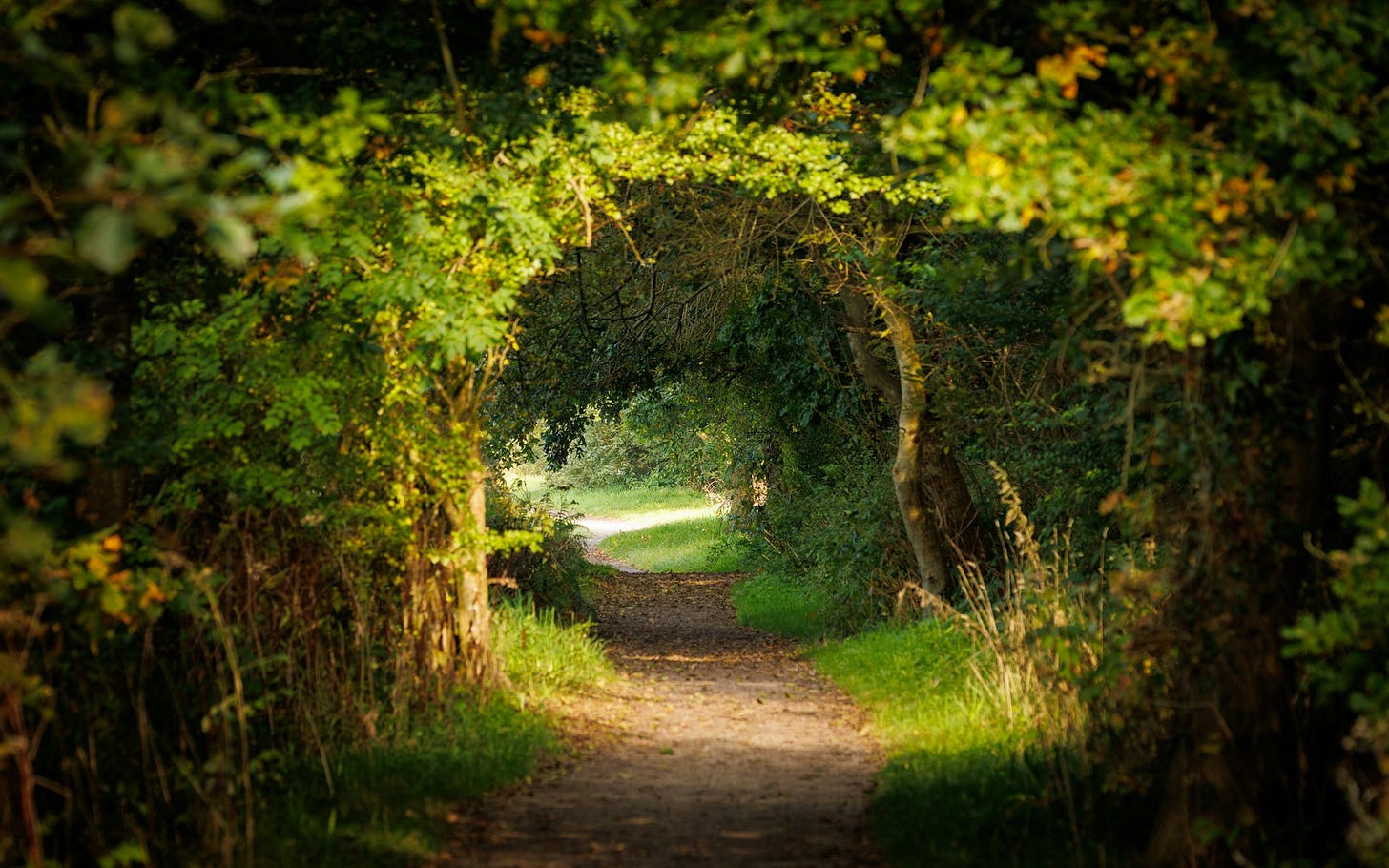Britain’s lost soul—once a land of gardeners and ramblers, we now rank near bottom in the world for connection with nature
New study shows our “rational, economic” society has lost touch with the land while poorer, more spiritual nations feel closer to the earth—Church leaders say it’s time to rediscover our roots
Once famed for its green and pleasant land, Britain has tumbled to a shocking 55th out of 61 nations in a new global study measuring how closely people feel connected to nature. Yes—the nation that gave the world the National Trust, birdwatching, and David Attenborough now languishes near the bottom of the league table when it comes to appreciating the natural world.
Drifting from our roots
The findings paint a troubling picture of a society that has drifted far from its roots. Researchers surveyed 57,000 people worldwide to discover how different nations relate to the living world. At the top sits Nepal, followed by Iran, South Africa, Bangladesh, and Nigeria—countries where daily life is more intertwined with the rhythms of the earth.
Britain, by contrast, seems to have lost its way. Below us on the list lie the Netherlands, Canada, Germany, Israel, Japan and, at rock bottom, Spain—but it’s cold comfort. Once a nation of gardeners, ramblers, and hedgerow pickers, we now seem more likely to scroll through pictures of nature on a screen than to step outside and smell the rain.
The study’s authors, led by Professor Miles Richardson of the University of Derby, say Britain’s low “nature connectedness” is hardly a surprise. “We’ve become a more rational, economic and scientific society,” he explained.
The power of religion
The research suggests that spirituality and faith are the strongest indicators of a close relationship with nature—not wealth or education. Countries that prize belief and reverence over business and bureaucracy tend to feel more part of the natural world.
Meanwhile, nations that celebrate the “ease of doing business,” such as Britain, show weaker bonds with nature. In other words, the more time we spend chasing profit and convenience, the less we seem to care about the birds in our gardens or the trees in our parks. Urbanisation, high incomes and constant internet use were also linked to lower levels of connection. For a country where nearly 84% of people live in cities, that spells trouble.
Church leaders have warned about this growing divide for years. The Bishop of Norwich, Graham Usher, says reconnecting with nature is vital for both spirit and soul. “What we notice we begin to love, and what we love we come to treasure, and what we treasure we want to protect,” he said.
Reconnecting with the past
It’s a sentiment that echoes what many Britons secretly feel: that something precious has been lost. Once upon a time, children climbed trees, built dens and learned the names of wildflowers. Today, they’re more likely to recognise a Pokémon than a primrose.
Perhaps it’s time to get back to those good old days, when people understood the seasons, respected the land, and found joy in a walk through the woods rather than a scroll through a phone. Because if the study proves anything, it’s that a nation cut off from nature soon loses more than just birdsong—it loses a piece of its soul.



